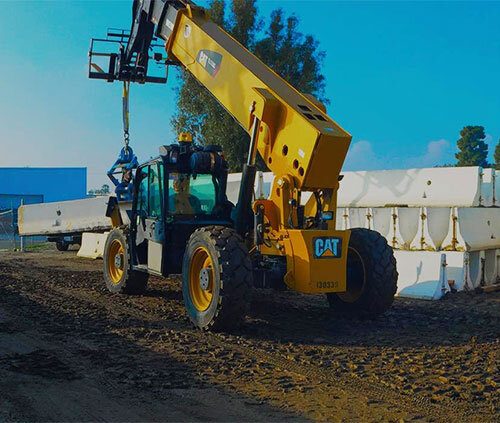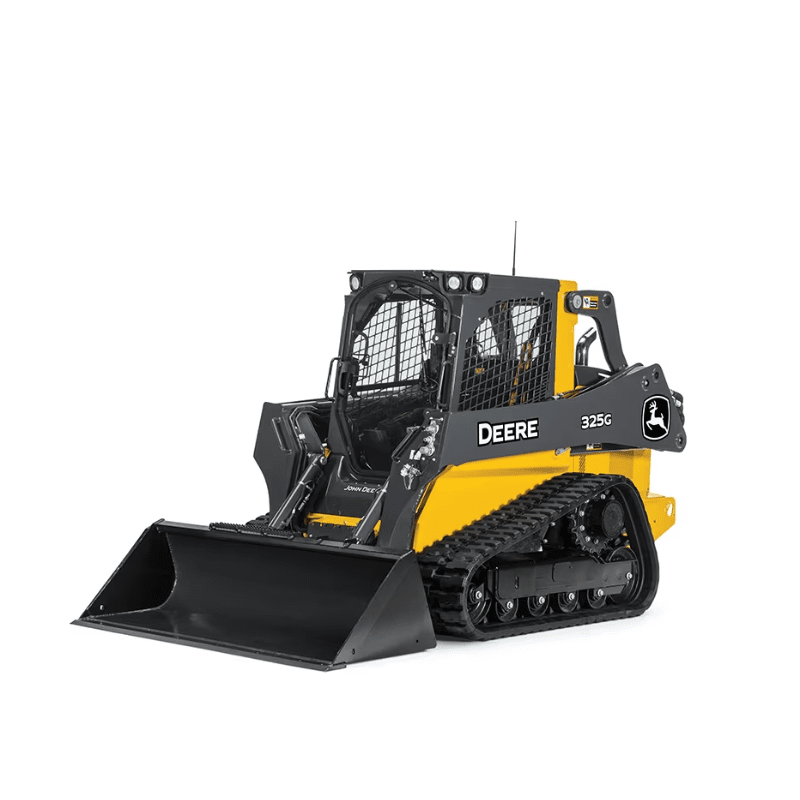Heavy Equipment Rental: Large Machinery for Any Kind Of Construction Task
Heavy Equipment Rental: Large Machinery for Any Kind Of Construction Task
Blog Article
Just How to Select the Right Building And Construction Devices Rentals to Meet Your Details Requirements
Choosing the appropriate building and construction devices rentals is a critical action that can substantially influence job efficiency and success. It requires a systematic analysis of project needs, equipment abilities, rental terms, and logistical considerations. Each aspect plays a pivotal function in making certain that the selected tools aligns with certain jobs and site conditions. Nonetheless, the nuances of these examinations can frequently be ignored, leading to prospective issues. Recognizing how to navigate this process properly might be the secret to maximizing sources and minimizing costs-- yet lots of contractors find themselves at a crossroads when making these essential choices.
Evaluate Your Task Needs
Before choosing building and construction tools leasings, it is necessary to extensively assess your task demands to ensure that the right tools are used for ideal effectiveness and security. Begin by specifying the range of your project, including the jobs to be finished and the timeline for conclusion. This foundational understanding will direct you in determining the certain tools needed.
Next, take into consideration the website conditions, such as terrain, ease of access, and the space available for maneuvering equipment. These variables straight influence the type and dimension of devices that can be efficiently employed. Additionally, assess the expected workload and manufacturing prices, as these metrics will certainly identify the equipment's capacity demands.
It is likewise crucial to analyze any kind of governing or safety standards that might put on your project. Conformity with these laws can influence tools option and usage, impacting general task timelines and prices. Last but not least, seek advice from with your task team and stakeholders to collect understandings and consensus on devices needs. By meticulously considering these aspects, you can make educated decisions that not only boost operational efficiency but also promote a safe workplace.
Evaluate Equipment Capacities
How do you determine whether the tools meets your task's needs? Beginning by examining the particular jobs needed for your task and match these with the capacities of the equipment offered for rental fee. Consider the devices's size, power, and ability, as well as its functional attributes. If you need to raise hefty materials, make certain the lifting capacity of the devices aligns with your requirements.

Lastly, take into consideration the most recent technical developments that may boost performance. Features such as general practitioner monitoring, gas efficiency, and operator-friendly controls can dramatically affect project execution. By completely assessing equipment capacities versus your task requirements, you can make certain that you pick the appropriate machinery that not just satisfies but surpasses your operational requirements, inevitably adding to the success of your building and construction task.
Understand Rental Terms
Comprehending rental terms is crucial for making sure a effective and smooth equipment rental experience. Acquainting on your own with the particular terms of a rental agreement can prevent misunderstandings and potential disagreements. Key parts to consider consist of the period of the rental, repayment terms, and any kind of involved fees.
Normally, rental durations are defined in everyday, weekly, or monthly terms, and comprehending these periods is crucial for budgeting. Additionally, settlement terms might range firms, including down payments, late settlement charges, and approved payment approaches.
It's likewise essential to make clear obligations for maintenance and damages. Some rental contracts may specify that the tenant is responsible for routine maintenance and any type of repair services that happen throughout the rental duration. Understanding the conditions regarding damage or theft is important; ask concerning insurance choices and liability protection to safeguard your rate of interests.
Consider Transportation Logistics
Transportation logistics play an essential role in the successful rental of building and construction devices. Correct preparation and implementation of transport approaches can significantly influence the performance and efficiency of your construction project. Prior to wrapping up devices leasings, evaluate the area of your task site and the availability of transportation routes.
Take into consideration the distance between the rental copyright and your site, as longer distances can lead to increased transportation expenses and hold-ups - forklift rental. Review the weight and dimensions of the tools to guarantee it can be securely moved on offered highways and infrastructure

Be mindful of neighborhood laws regarding transportation licenses and courses, as these can like this impact the logistics company website of moving heavy machinery (rental company near me). By proactively attending to these considerations, you can make sure and decrease possible disturbances that the appropriate devices is provided on time, cultivating a much more efficient construction procedure
Compare Rental Expenses and Service Providers
When reviewing building and construction equipment services, it is necessary to compare prices and suppliers to guarantee you secure the ideal value for your task. Begin by collecting quotes from several rental firms to establish a standard for prices. Be mindful that expenses can differ considerably based upon elements such as devices type, rental period, and added services supplied.
Next, take into consideration the credibility and integrity of each service provider. Seek customer evaluations and testimonials to assess their solution quality. A firm with a strong track record might warrant a higher rental expense as a result of exceptional devices upkeep and customer support.
In addition, assess the regards to the rental agreements. Some carriers may offer flexible rental options, such as daily, regular, or regular monthly rates, which can be beneficial depending on your project timeline. Focus on added charges, such as distribution charges and insurance coverage prices, which can influence the overall rental cost.
Conclusion

Picking the proper building equipment services is a vital action that can significantly affect project effectiveness and success.Prior to picking building and construction equipment services, it is essential to thoroughly evaluate your job requirements to guarantee that the right devices are utilized for ideal performance and safety.Recognizing rental terms is important for ensuring a smooth and effective tools rental experience.When assessing building and construction equipment leasings, it is important to compare providers and costs to ensure you safeguard the finest worth for your project.Choosing the ideal construction devices services necessitates a comprehensive assessment of project needs, devices capabilities, rental terms, transport logistics, and relative costs.
Report this page